The State of Glaciers

Glaciers are one of the natural environments most often used to illustrate the impacts of climate change. It is fairly indisputable that in a warming world, glaciers melt faster. Yet two recent studies suggest that in the Himalayas the rate of mass loss has been small and that further west, in the Karakoram range, the glaciers are actually slightly gaining mass. Is there a conflict between these studies and the wider body of research indicating that, worldwide, glaciers have been receding for several decades?
Under Climate Change, Winners and Losers On the Coral Reef
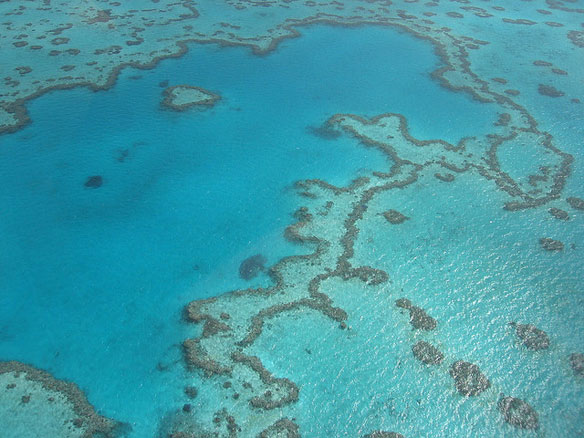
As ocean temperatures rise, some species of corals are likely to succeed at the expense of others, according to a new report that details the first large-scale investigation of climate effects on corals.
Coral Links Ice Sheet Collapse to Ancient ‘Mega Flood’
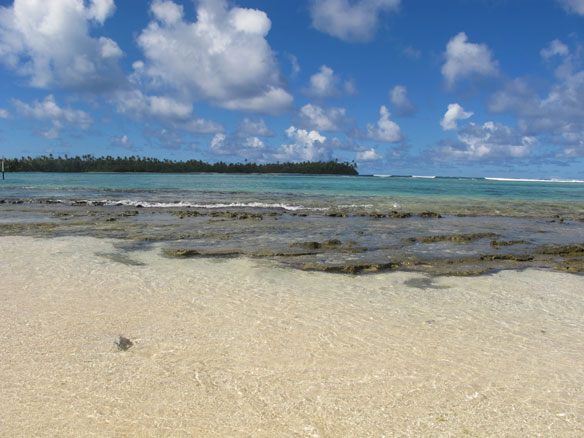
Coral off Tahiti has linked the collapse of massive ice sheets 14,600 years ago to a dramatic and rapid rise in global sea-levels of around 14 meters.
Scientists Find Slow Subsidence of Earth’s Crust Beneath the Mississippi Delta
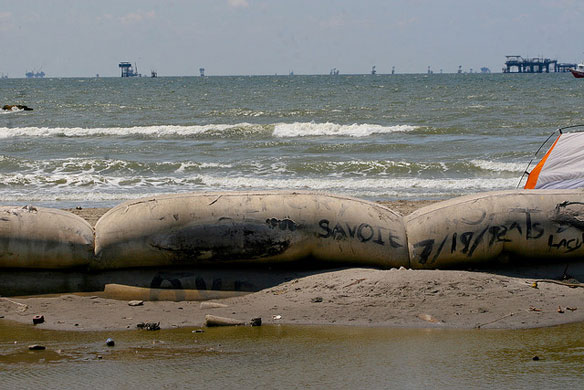
Earth’s crust beneath the Mississippi Delta sinks at a much slower rate than what had been assumed. However, these subsidence rates are small compared to the rate of present-day sea-level rise from the Florida panhandle to east Texas..
New Comparison of Ocean Temperatures Reveals Rise over the Last Century
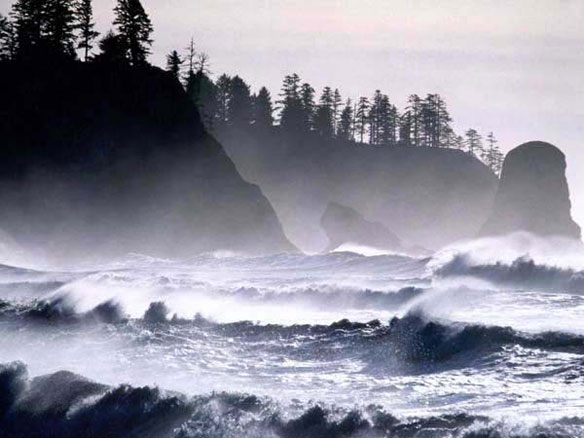
A new study , by Scripps Institution of Oceanography at UC San Diego, contrasting ocean temperature readings of the 1870s with temperatures of the modern seas, reveals an upward trend of global ocean warming spanning at least 100 years.
In Paradise, and Closer Than Ever to Disaster

For many of us who live in temperate zones, inland regions and the industrialized West, global warming is a source of anxiety, and something of an abstraction. One challenge for Nasheed, former leader of the lowest lying country, was how to communicate the problems currently apparent in the Maldives to countries where the impacts of climate change are not yet as drastic or visible. What will happen once other nations start to feel the pressure of rising sea levels?
Shrinking Britain will force land to be abandoned to the sea
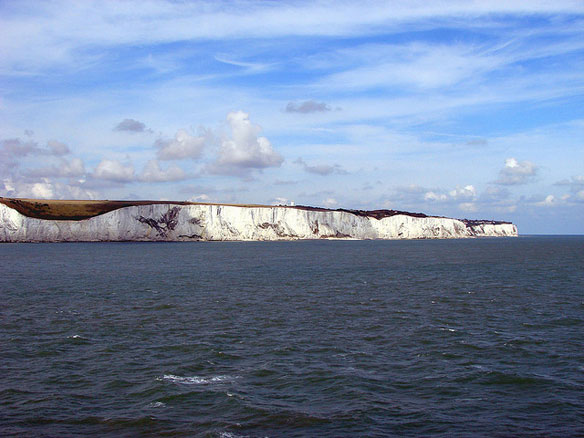
Geologists take the long view, which can lead to some striking thoughts, and here is one: Britain is shrinking. As the waves crash onto the shores of this island, the rock is worn away or falls off in chunks, and, as the adage goes, they are not making land any more in Britain.
Earth Hour: Dare the World to Save the Planet
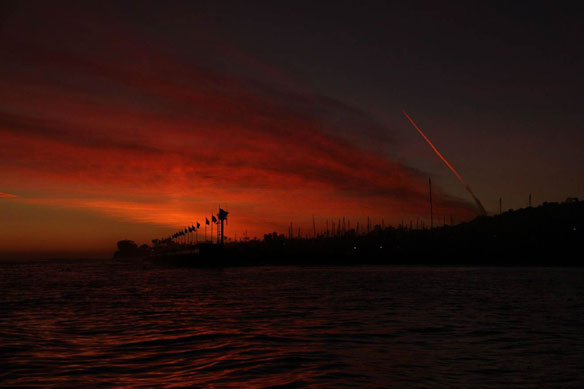
We only have one planet. You can help protect it. Participate in the world’s largest single campaign for the planet: Earth Hour. It starts by turning off your lights for an hour at 8:30 pm on March 31, 2012 in a collective display of commitment to a better future for the planet.
Precipitation Impacts Glacial Melt
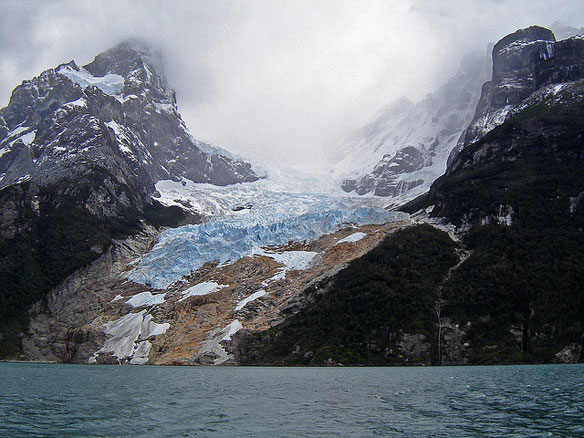
As glaciers fluctuate, retreating or adding mass, they dramatically affect the water cycle, locking up fresh water as they amass, causing the sea level to rise as they thaw and retreat.
